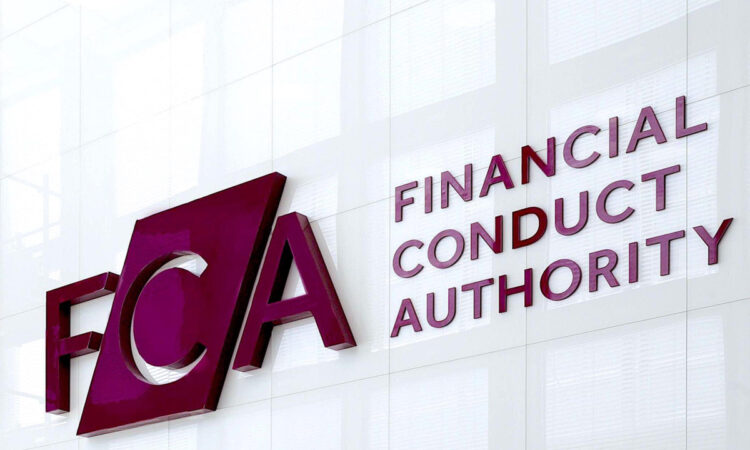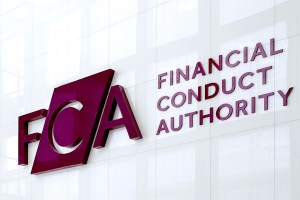
“We know at the FCA our role is not just about regulating financial services, it’s about safeguarding futures, supporting innovation and informed risk-taking and maintaining a resilient financial ecosystem.”

In its second year of a three-year strategy, the UK Financial Conduct Authority (FCA) emphasized the transformative Consumer Duty, prompting industry changes.
The FCA tackled online harms, canceled non-compliant firms, and imposed significant fines. Notable actions in anti-money laundering and efforts to maintain a competitive market underscored the regulator’s commitment to financial integrity and consumer welfare.
Consumer Duty, poor-value GAP insurance, and ‘finfluencers’
The introduction of the Consumer Duty on July 31, 2023, marked a transformative shift, compelling financial firms to prioritize customer needs. This initiative has already prompted changes in savings rates and fees, holding firms accountable for fair dealings.
The FCA took decisive action against insurers offering poor-value Guaranteed Asset Protection (GAP) insurance. Additionally, guidance for insurance firms on supporting customers in financial difficulty was published, emphasizing forbearance and fee waivers. The FCA’s multi-firm review of the retail banking sector identified areas of good practice and highlighted the ban on certain debt advice providers receiving referral fees.
Recognizing the rise of ‘finfluencers,’ the FCA implemented additional screening checks for marketing by unregulated firms and introduced new financial promotions rules for cryptoassets. The regulator’s collaboration with external partners contributed to policy changes, including its involvement in the online safety bill.
Enforcement actions, AML, regulatory framework, competition, and AI
The FCA demonstrated a robust stance through enforcement actions, canceling 1,266 firms that failed to meet minimum standards and imposing fines totaling £52,802,900. Notably, enforcement actions related to the British Steel Pension Scheme resulted in sanctions amounting to £5.4 million.
In its efforts to combat money laundering, the FCA disrupted 26 machines across 34 locations suspected of operating as unlawful crypto ATMs. Fines totaling over £6 million were levied on ADM Investor Services International Limited for inadequate Anti-Money Laundering (AML) systems and controls.
The FCA evaluated and enhanced rules in the overdraft market, resulting in nearly £1 billion in savings for UK consumers. Actions to address low rates on savings accounts and the introduction of new rules to maintain access to cash underscore the FCA’s commitment to consumer welfare. The regulator’s focus on diversity and inclusion is evident in its consultation on a new regulatory framework in the financial sector.
The FCA played a pivotal role in shaping a new regulatory framework emphasizing competitiveness and long-term growth. Initiatives include strengthening the UK’s position in global wholesale markets through sustainability disclosures and introducing new Sustainable Disclosure Requirements. Proposals for far-reaching reforms in the listing regime aim to enhance accessibility and competitiveness.
Acknowledging the importance of artificial intelligence (AI), the FCA published a discussion paper in October to assess the benefits and risks of AI to consumers, emphasizing the need for its safe and responsible adoption.
“The financial services sector is vital to the UK economy”
Nikhil Rathi, Chief Executive of the FCA, said: “The financial services sector is vital to the UK economy, and we are committed to supporting its role in long-term economic growth. At the same time, our commitment to reducing and preventing harm remains unwavering, and the introduction of the Consumer Duty reaffirms this.
“From the digital frontiers where new opportunities and risks are fast emerging, to the competitiveness of UK markets, we are focused on staying ahead and have laid out proposals for far-reaching reforms across our remit. We know at the FCA our role is not just about regulating financial services, it’s about safeguarding futures, supporting innovation and informed risk-taking and maintaining a resilient financial ecosystem.”






